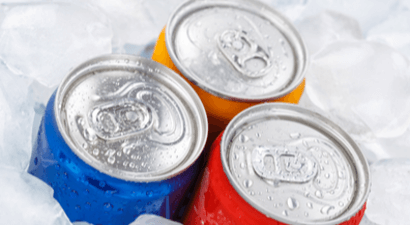Customs: What Constitutes Own Primary Production in Terms of Rebates & Refunds of Fuel Levies
Introduction
The long awaited answer to the question concerning what constitutes ‘own primary production’ as contemplated in Part 3 of Schedule No.6 to the Customs and Excise Act No.91 of 1964 (“the Customs Act”) has been handed down by KwaZulu-Natal Division of the High Court on 17 February 2016. Prior to this, the issue had not been by a determined by a court of law and as such reliance was placed on the general principles of other jurisdictions, such as Australia, when interpreting the terms “own primary production”.
The KwaZulu-Natal Division of the High Court issued judgment in the matter of Thuthugani Contractors (Pty) Ltd v The Commission of the South African Revenue Service, where Thuthugani was seeking to have a decision by the Commissioner to disallow diesel refunds paid to Thuthugani in the amount of approximately R850 000 set aside.
Factual matrix
Thuthugani rendered a forestry/silviculture service to Mondi in terms of a Silviculture Agreement. During the course of rendering such service, Thuthugani claimed diesel refunds in terms of Rebate Item 670.04 of Part 3 to Schedule 6 of the Customs Act on the premise that it is a registered ‘user’ as contemplated in section 75 of the Customs Act read with Schedule 6. As a result of an audit SARS disallowed all refunds claimed by Thuthugani during the audit period resulting in Thuthugani being liable for payment to SARS.
The appeal was instituted by Thuthugani in terms of section 47(9)(e) of the Customs Act, after duly submitting a notice in terms of section 96(1)(a).
The issue
The issue for decision by the Court was whether the activities undertaken by Thuthugani during the audit period were for Thuthugani’s “own primary production” in forestry as contemplated in Sub-note 6(g)(iii) of Part 3 to Schedule 6.
Argument by Thuthugani and SARS
Thuthugani argued that the refunds were due to it as:
- It was registered as a “user” for VAT and diesel refunds purposes;
- It carried out the activities listed under Sub-note 6(g)(ii) as own primary production activities in forestry; and
- It fully sustained and carried out such activities.
SARS, on the other hand, contended that Thuthugani does not qualify for the refunds as it does not perform the qualifying activities for its “own primary production” as contemplated in Note 6(g)(iii). The product from such activities was not for the benefit of Thuthugani and was not owned by it. Thuthugani merely carried out a service for a fee to Mondi.
Court’s finding
The Court in deciding the issue agreed with SARS in its argument that: “It could never have been the intention of the legislature that ‘own primary production’ activities may be activities entirely outsourced.” and emphasised that there should be some form of ownership of the product produced by the activity in question for one to claim that it was conducted for ones “own primary production” in forestry. There should also be a benefit related to such production.
The Court went on to state that even though Thuthugani was registered as a ‘user’, the meaning of ‘user’ in section 75(1C)(b)(i) must be in accordance within the context and subject to any notes to rebate item 670.04. As such mere registration as a ‘user’ does not make Thuthugani a ‘user’ as contemplated in the legislation. The ‘user’ must purchase and use the fuel for qualifying activities for own primary production.
In the circumstances, the Court found that Thuthugani was in fact a contractor on a wet basis and as such did not qualify for the rebates it had claimed. Its appeal was dismissed.
Conclusion
This is a welcome judgment it gives clarity on the question of what constitutes ‘own primary production’ under Note 6 of Part 3 to Schedule 6. This clear and concise judgment delivered by Moodley J in Thuthugani Contractors (Pty) Ltd v The Commission of the South African Revenue Service now provides the legal authority on this matter.





